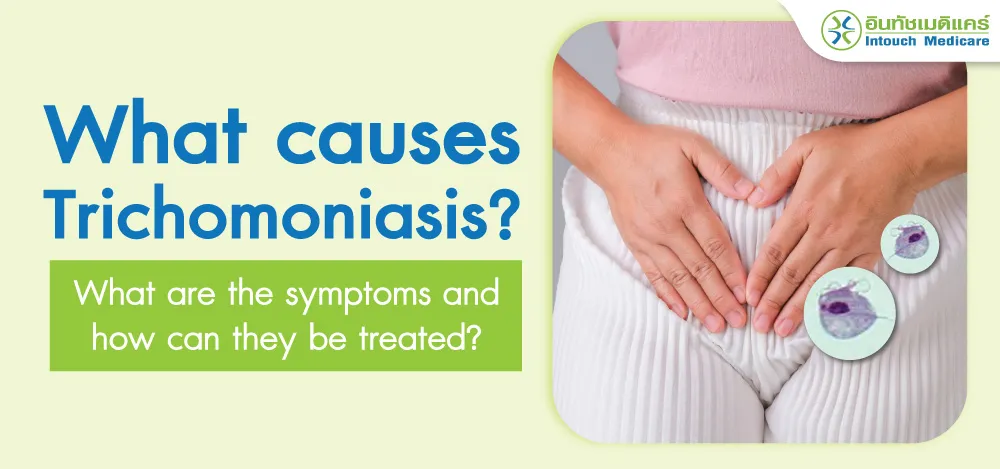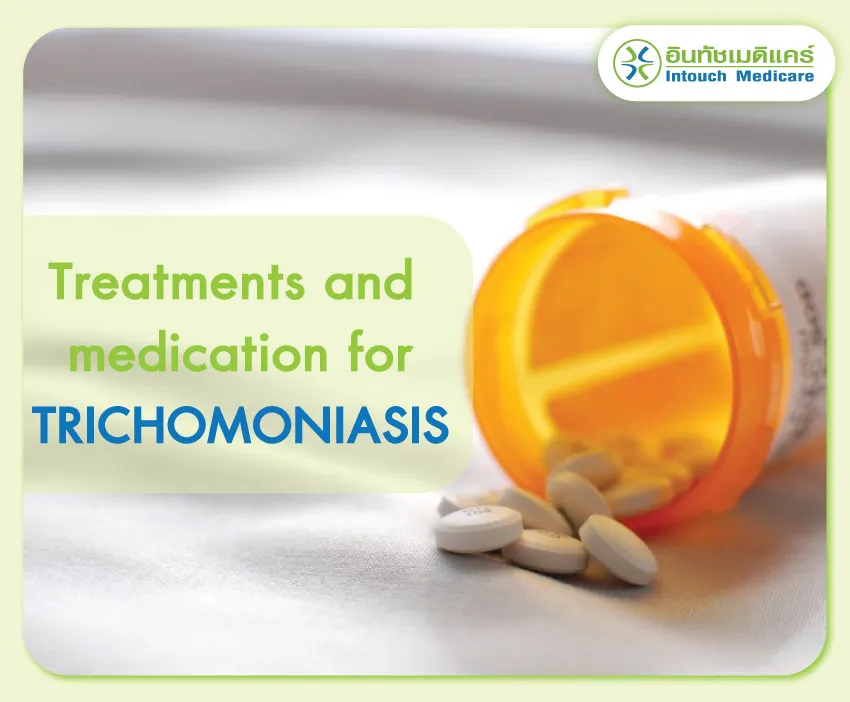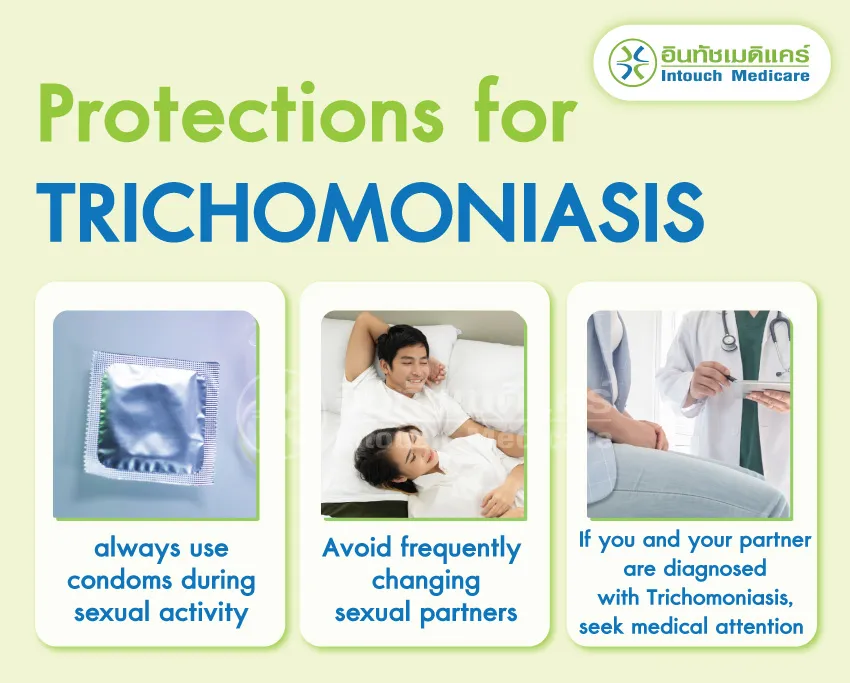What causes Trichomoniasis? What are the symptoms and how can they be treated?

Trichomoniasis is another type of sexually transmitted infection. This is not life-threatening but can cause anxiety and lead to other complications. In women, symptoms often include abnormal vaginal discharge, foul odor, and irritation of the genital area with pain during intercourse. In men, symptoms are usually mild and may consist of a clear, mucus-like discharge, itching, or pain in the urethra.
When you have these symptoms, don't ignore them and see a doctor immediately. When symptoms are detected early, they can be treated promptly.
Important facts about Trichomoniasis
What is a trichomoniasis?
Trichomoniasis is a type of sexually transmitted infection caused by a protozoan parasite known as Trichomonas vaginalis. It can occur in both men and women but is more commonly found in women.
Trichomoniasis causes severe itching in the vaginal area due to the Trichomonas vaginalis parasite, which is a relatively large protozoan. It damages the squamous epithelial lining of the vagina, leading to significant inflammation.
What causes a trichomoniasis?
Trichomoniasis is caused by an infection with the protozoan Trichomonas vaginalis. It primarily spreads through sexual contact. The incubation period for this disease is approximately 5 to 28 days in female patients.

Symptoms of Trichomoniasis
In women:
Abnormal and profuse discharge, which may be frothy and change color, often with a fishy odor, swelling, redness, and itching of the genital area, burning sensation at the vaginal opening, abnormal vaginal bleeding, painful urination or discomfort during intercourse.
In men:
It may feel burning sensation during urination, pain in the testicles or genital area and abnormal discharge from the urethra, which may be mucous or pus-like.
Risk groups for Trichomoniasis
Those who frequently change sexual partners
Those with a history of sexual contact with infected people
People who have unprotected sex (without using condoms)
Those with a history of vaginal parasitic infections or other Sexually Transmitted Infections (STIs)
Women or men who work in service industries, night shifts, or have frequent interactions with diverse people
Intouch Medicare offers STD health check-ups through the LoveLove program. ![]()
The examinations are conducted by female doctors without embarrassment or worries. Our doctors are kind and ready to provide advices.

Treatments for Trichomoniasis
For treating Trichomoniasis, doctors typically prescribe antibiotics. Most symptoms improve within 2-3 days after starting treatment. It’s important for both the infected person and their partner to receive treatment simultaneously and to follow the doctor's self-care instructions. If symptoms persist, a follow-up visit to the doctor is necessary.
Medications for Trichomoniasis
Women: Metronidazole 500 mg, taken twice daily for 7-10 days.
Men: Metronidazole 2 grams, taken as a single dose.
Note: Do not self-medicate. It is essential to get a proper diagnosis and prescription from a doctor.
Seeing a doctor is better than self-medicating. Taking the correct medication ensures effectiveness and reduces the risk of drug resistance, allergic reactions, and the need for costly repeated treatments.
Complications
May spread to the urethra and bladder, causing inflammation.
Can lead to pelvic infections.
Pregnant women are at risk of preterm delivery.

Protections for Trichomoniasis
The most effective prevention is to avoid sexual intercourse. If this is not possible, always use condoms during sexual activity.
Avoid frequently changing sexual partners.
If you and your partner are diagnosed with Trichomoniasis, seek medical attention promptly for diagnosis and treatment. This will help prevent reinfection and the spread of the infection to others.
Self-care for TRICHOMONIASIS
Take antibiotics as prescribed by your doctor, completing the full course even if symptoms resolve.
Avoid sexual intercourse until you and your partner have completed treatment and symptom-free for at least 2 weeks.
Avoid alcohol while taking medication.
Trichomoniasis is a common STI easily spread through sexual contact. It is recommended for high-risk people, such as female sex workers, to get regular STI screenings.
Intouchmedicare Clinic would like to offer Trichomoniasis screening and treatment with female doctors. Feel at ease with our friendly staff and confidential service.
Interesting articles
For more info and make appointment
Hot Line 081-562-7722
Compiled by : Warangkana Wiwansirikul, MD.
Last Update : 06/09/2024
Usage Permission: Images may be used without permission strictly for educational or informational purposes, provided that credit is given, or the source is cited as intouchmedicare.com.


